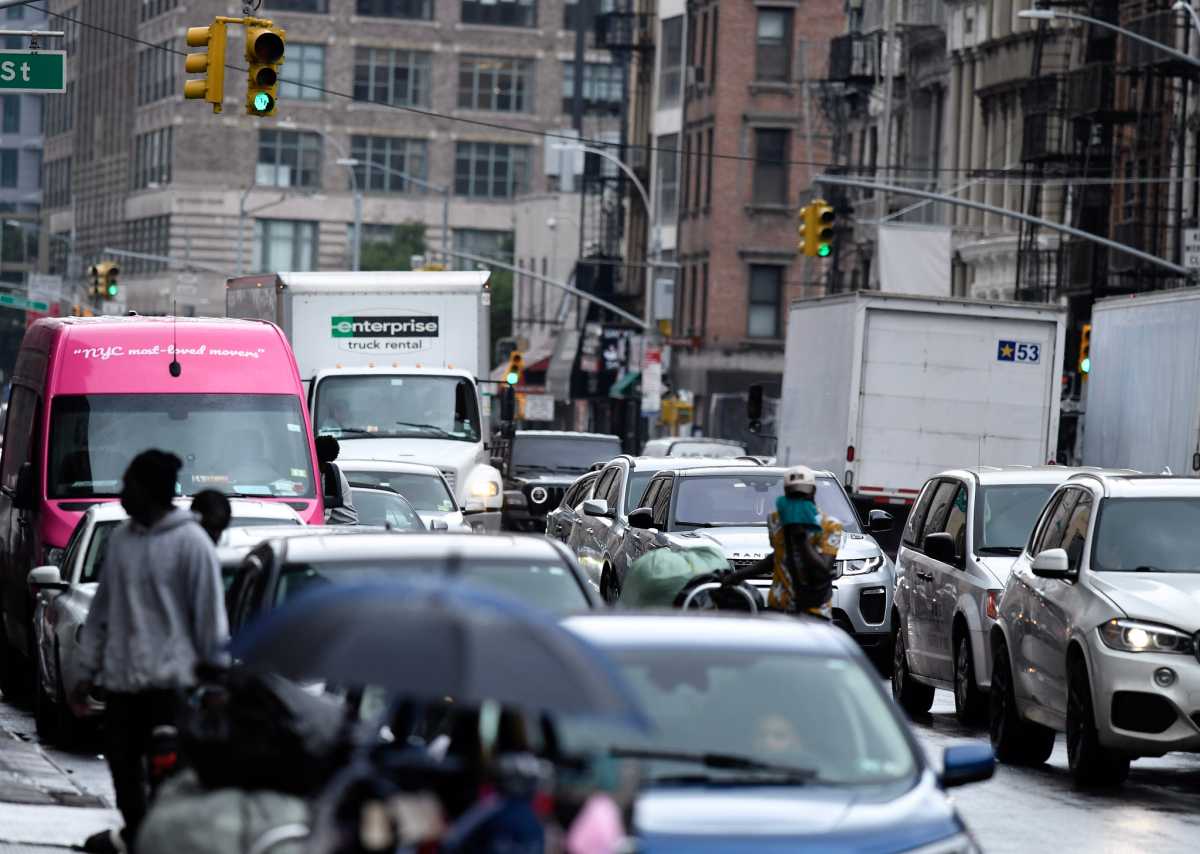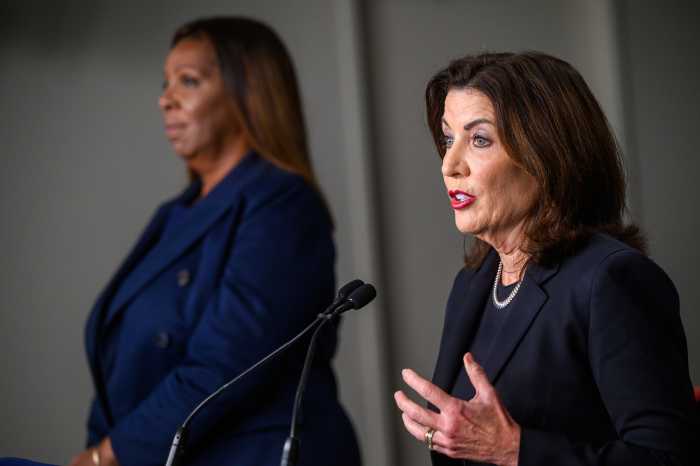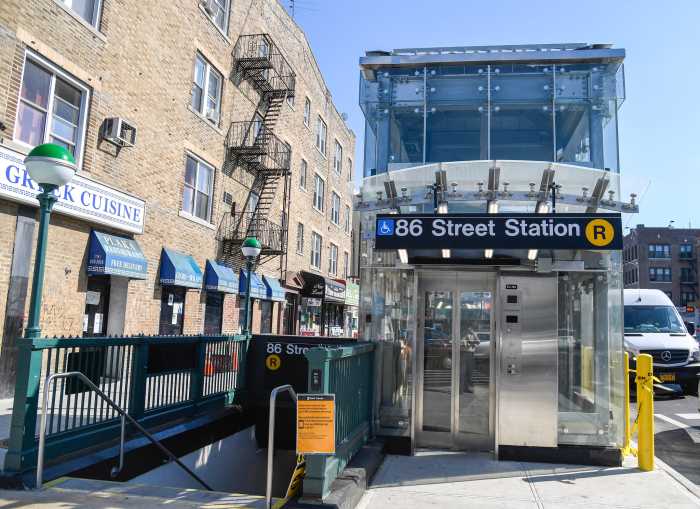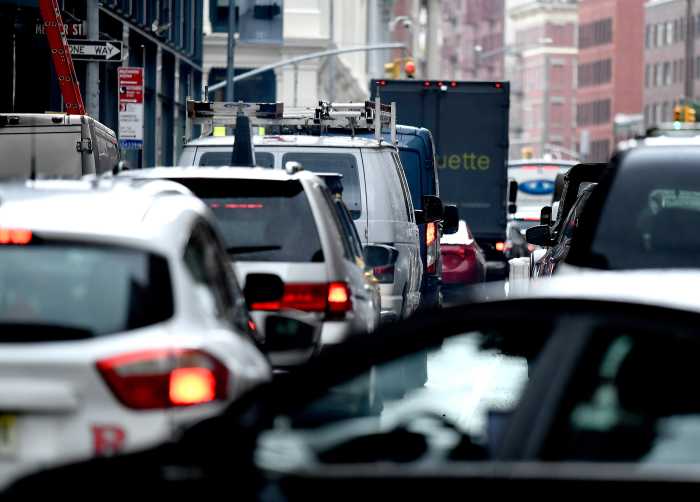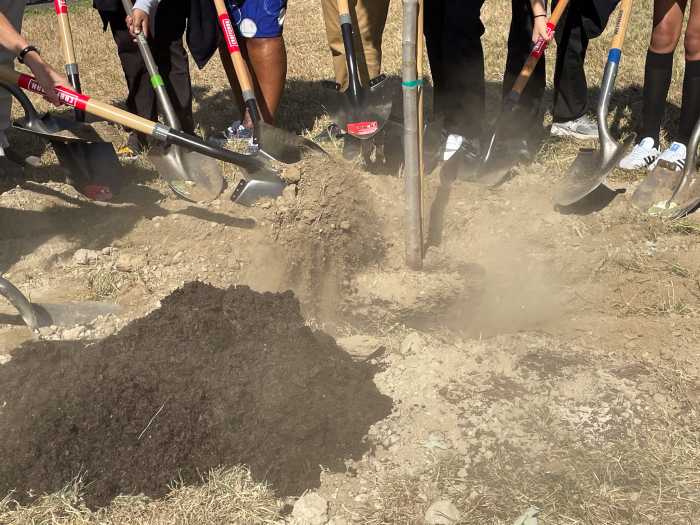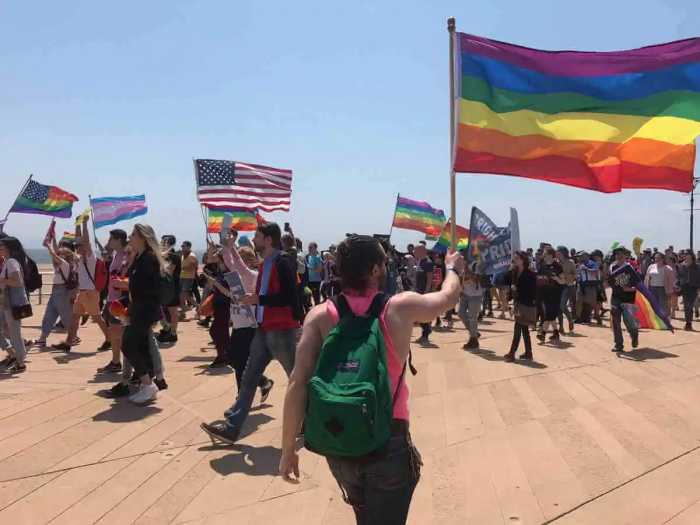New York is the richest city in the world, with a combined total wealth of more than $3 trillion dollars. That’s more than the GDP of Canada and most major G20 countries. One in every 24 New Yorkers is a millionaire. Yet somehow, in the most regressive and cruel tax scheme possible, we are funding our public transit system on the backs of the city’s most vulnerable, low income immigrants: our Uber and Lyft drivers.
Earlier this year, you might have read that Governor Hochul “paused” New York’s much-debated congestion tax, intended to fund the MTA. But that’s not entirely true. The congestion tax was designed in two phases. The first phase started in 2019 and was intended to give the MTA the money it would need to prepare for the influx of passengers that would come with phase 2. The Governor only paused phase 2.
So who is still being taxed? It’s not the commercial delivery trucks that block full lanes of traffic and pollute our air. Nor is it wealthy commuters in their Range Rovers and Cyber Trucks. The only cars subject to New York’s congestion tax are the city’s for-hire vehicles, the Ubers, Lyfts and taxis driven by 100,000 of the city’s lowest income, most vulnerable immigrant workers.
Driving for-hire vehicles in New York barely pays the bills. Forget living paycheck to paycheck, the workers who drive for Uber and Lyft are living fare to fare, cashing out each day just to afford food and gas for the next.
Even with our groundbreaking efforts to increase pay and secure some benefits, the 80,000 mostly immigrant families who rely on Uber and Lyft income are still teetering on the edge of economic disaster, hunger, and homelessness.
For more than two years, Uber and Lyft drivers with my organization, the Independent Drivers Guild, fought for the protection of a minimum livable wage. When we finally won a livable wage in 2018, New York also passed a congestion tax on Uber and Lyft trips below 96th St. And then an airport tax. And then Uber and Lyft began locking drivers out of their apps in order to get around paying New York’s minimum pay rates.
In a recent survey, more than 9 in 10 New York City rideshare drivers reported reduced weekly earnings, and 86 percent said they struggle to pay their bills or rent. Inability to afford food for their family, fear of becoming homeless, and depression, stress, and suicidal thoughts were among the concerns drivers reported. Yet these are the workers and families New York officials turn to again and again when it comes time to fund our city’s infrastructure and clean energy future.
The congestion tax on Uber and Lyft drivers has already provided the MTA with well over $1 billion. That is in addition to a sales tax of nearly 9 percent on every Uber and Lyft trip (taxis are exempt) and a Port Authority tax on every airport pick up and drop off (private vehicles are exempt). Uber and Lyft drivers have contributed more than their fair share.
So, as Governor Hochul and state leaders consider reviving the congestion tax, remember this: Uber and Lyft drivers already pay their fair share. Stop picking the pockets of New York’s poorest families. Look elsewhere and don’t double-tax those who are least able to pay.
Brendan Sexton is President of the Independent Drivers Guild, the nation’s largest rideshare driver organization and an affiliate of the Machinists Union.



